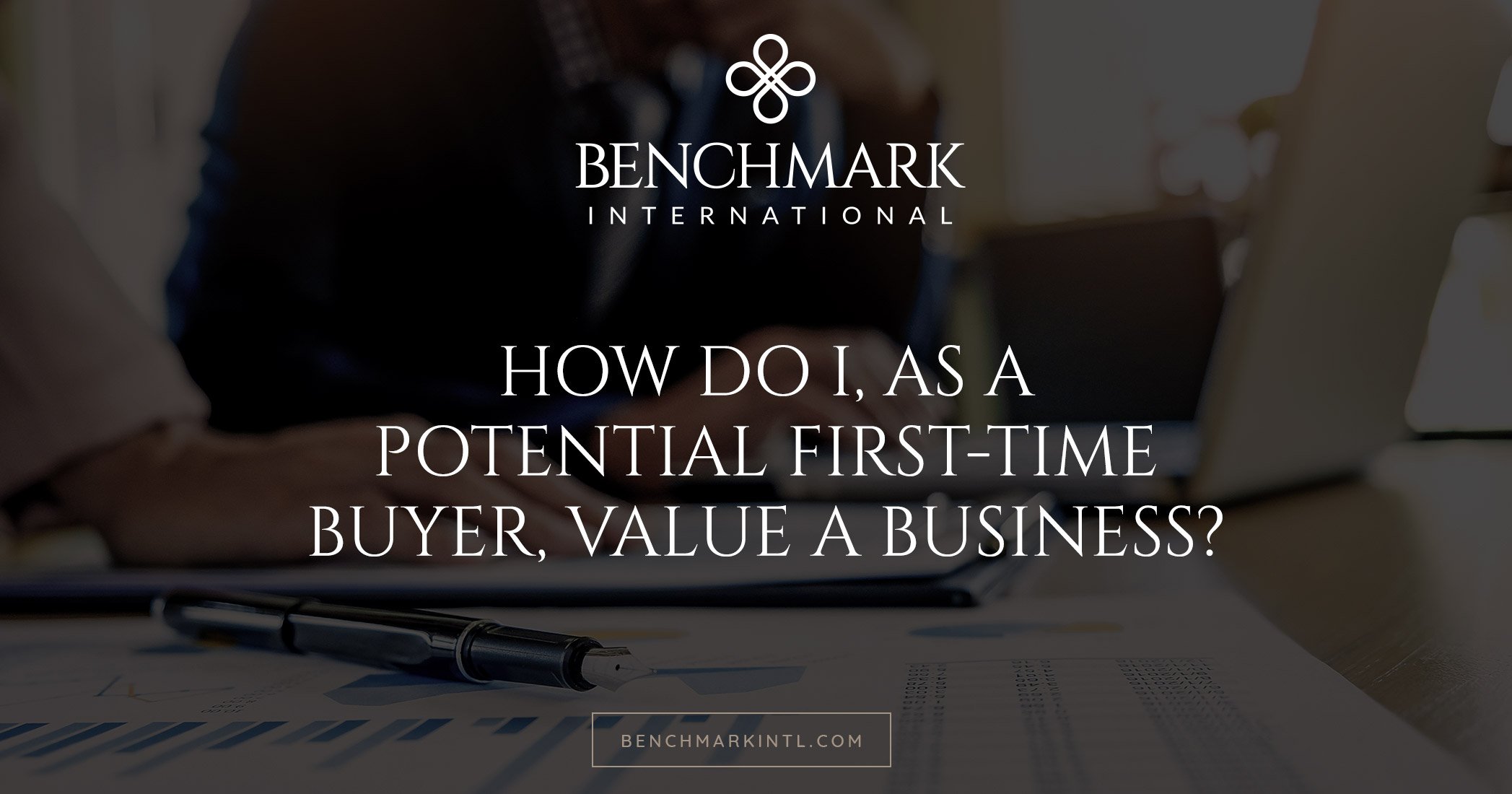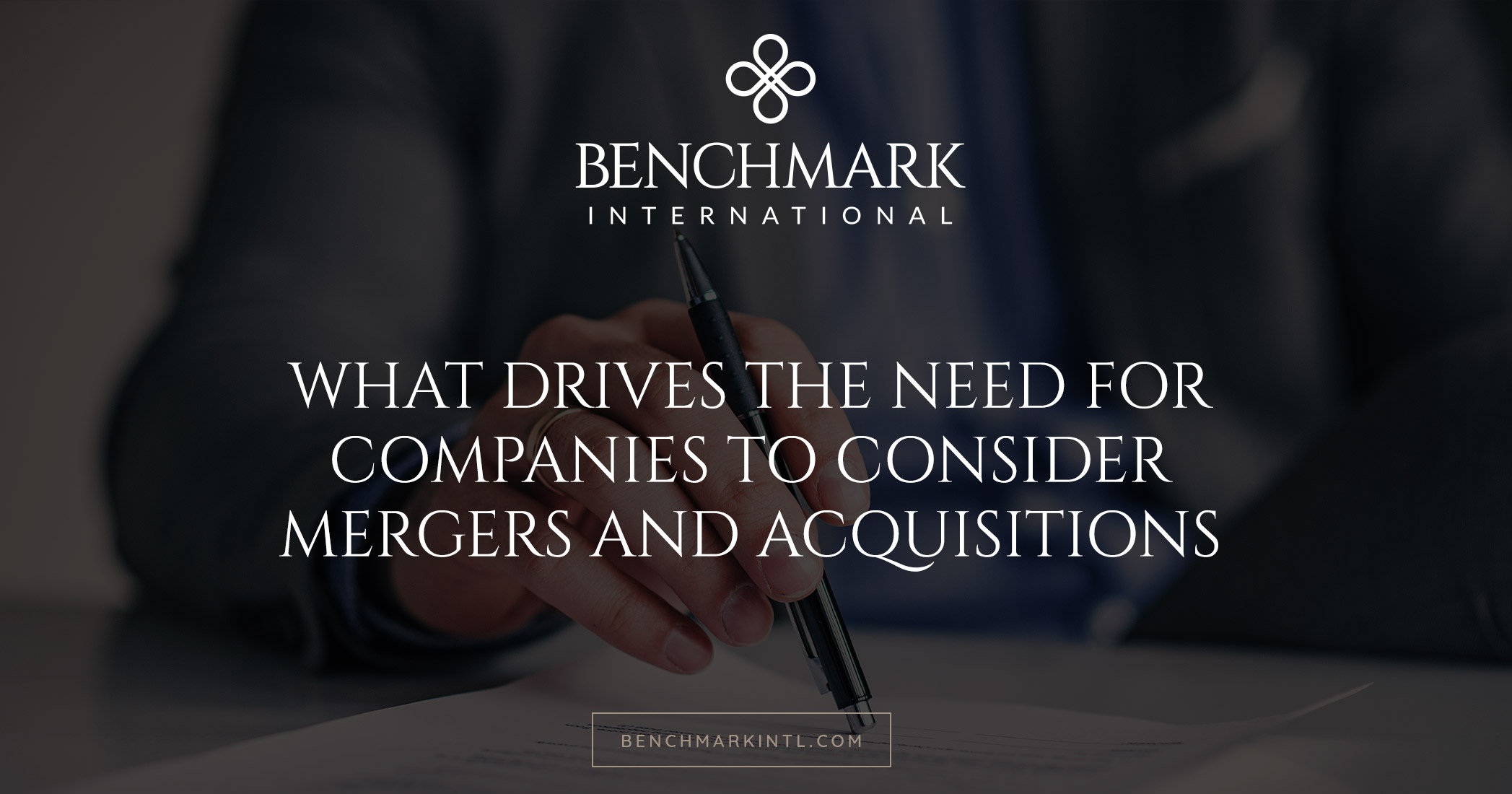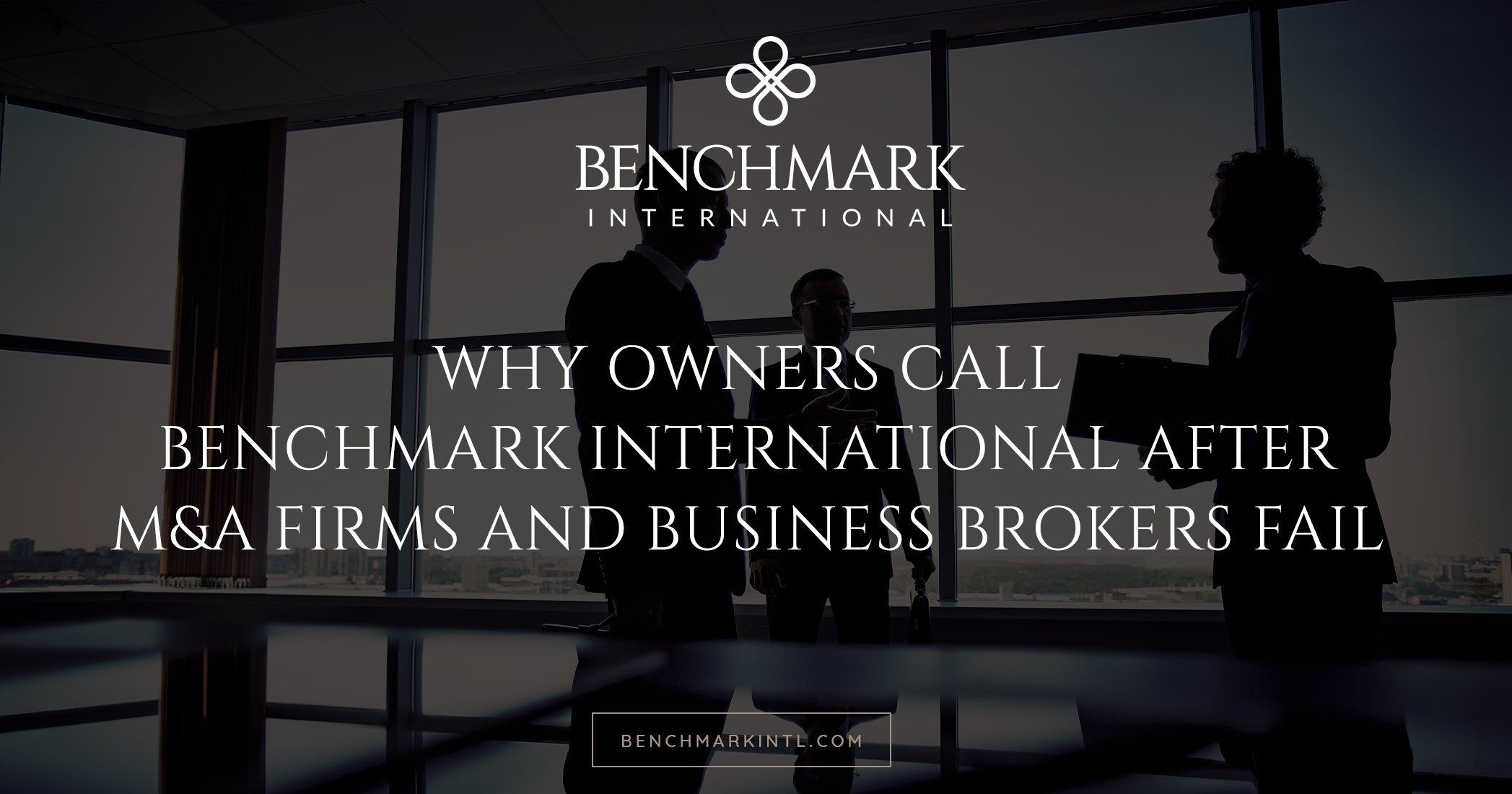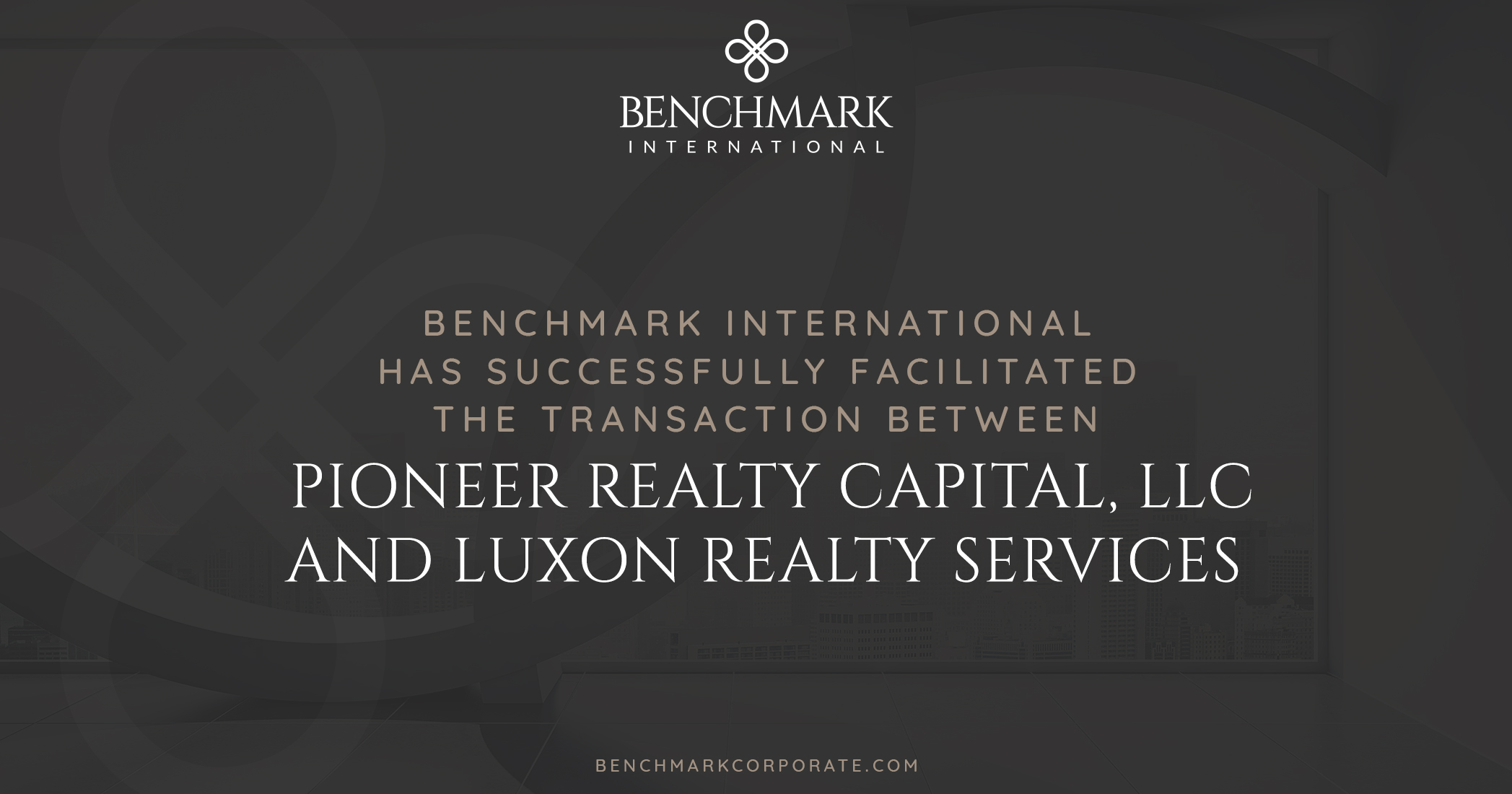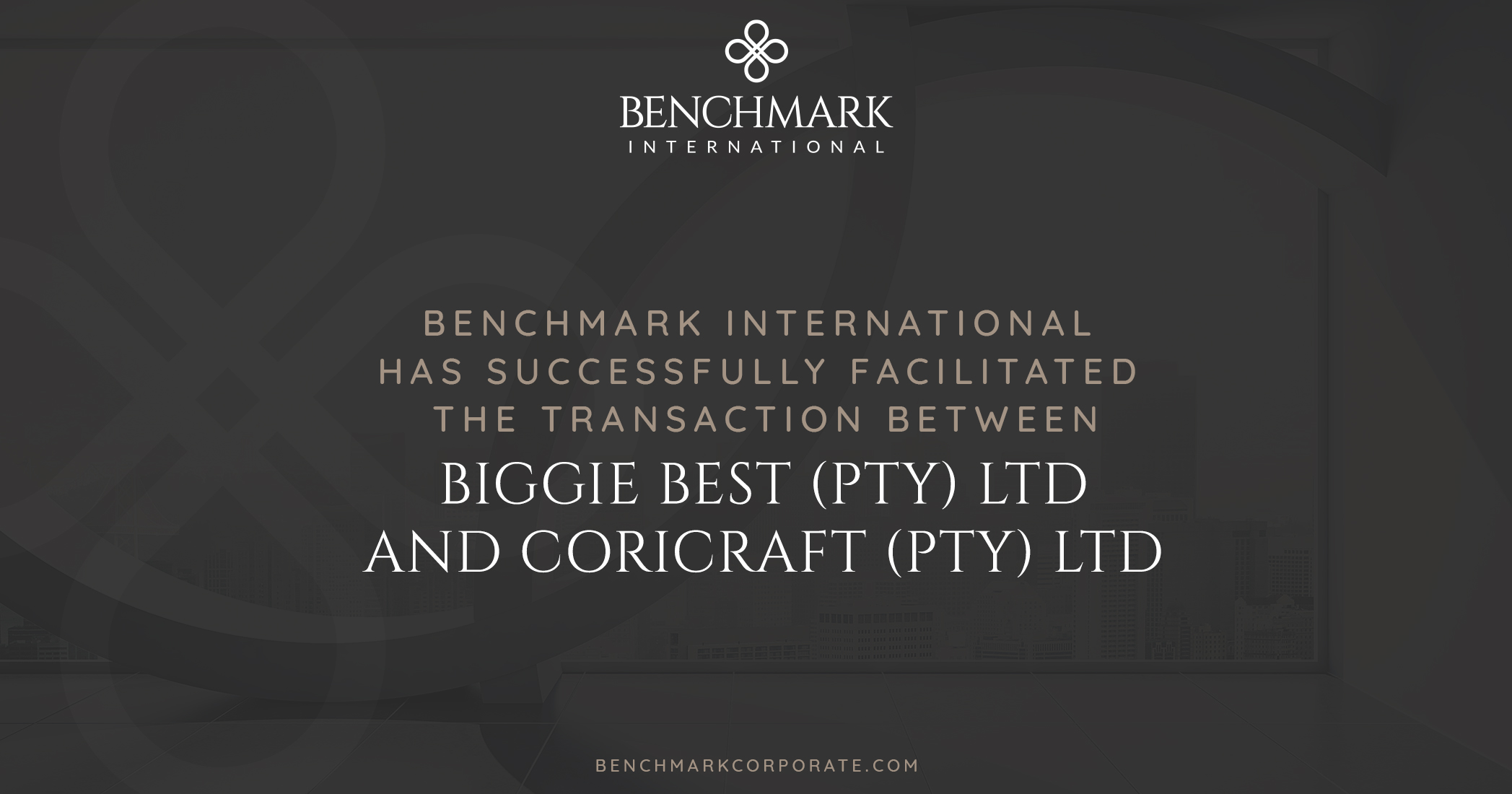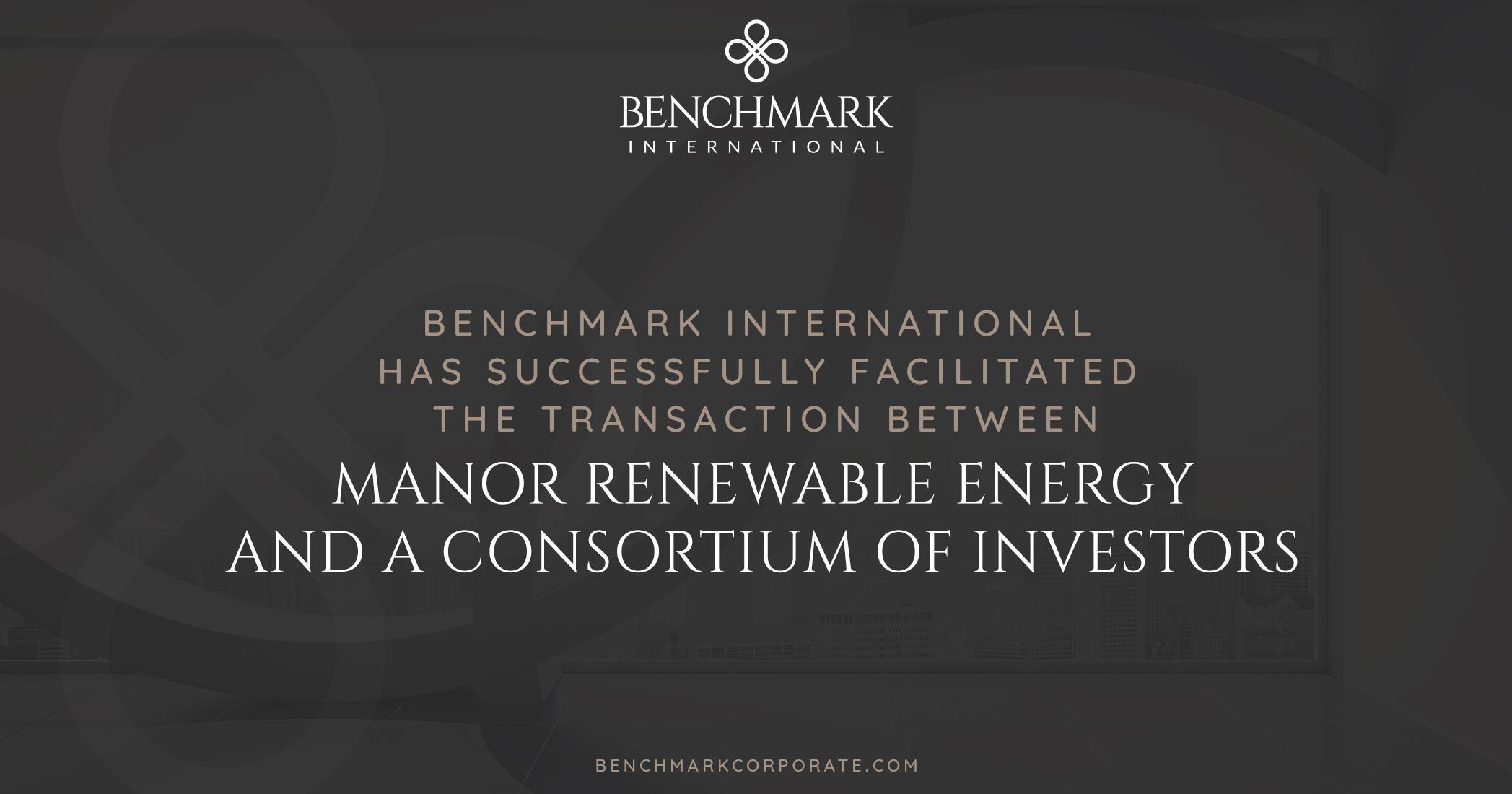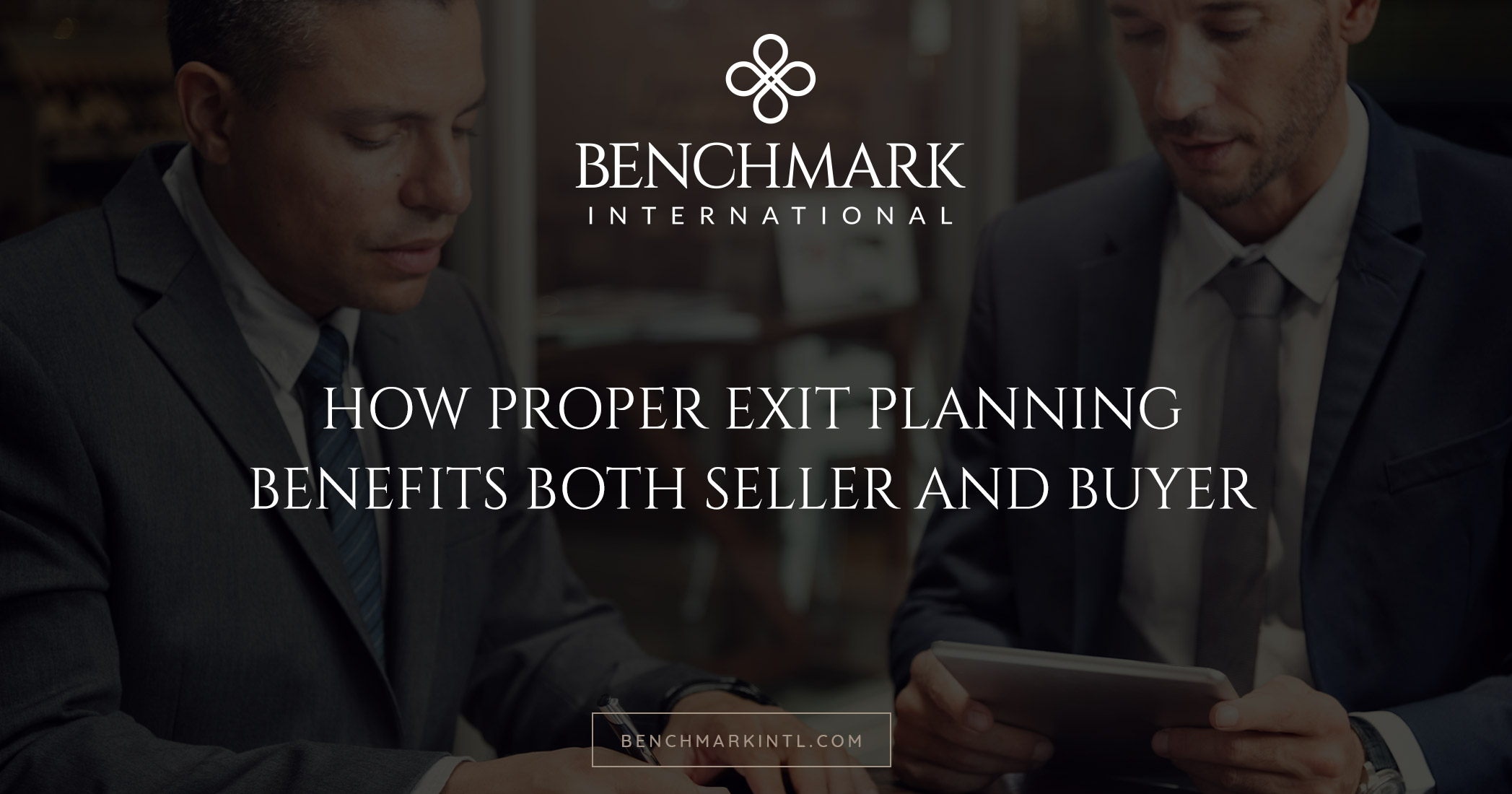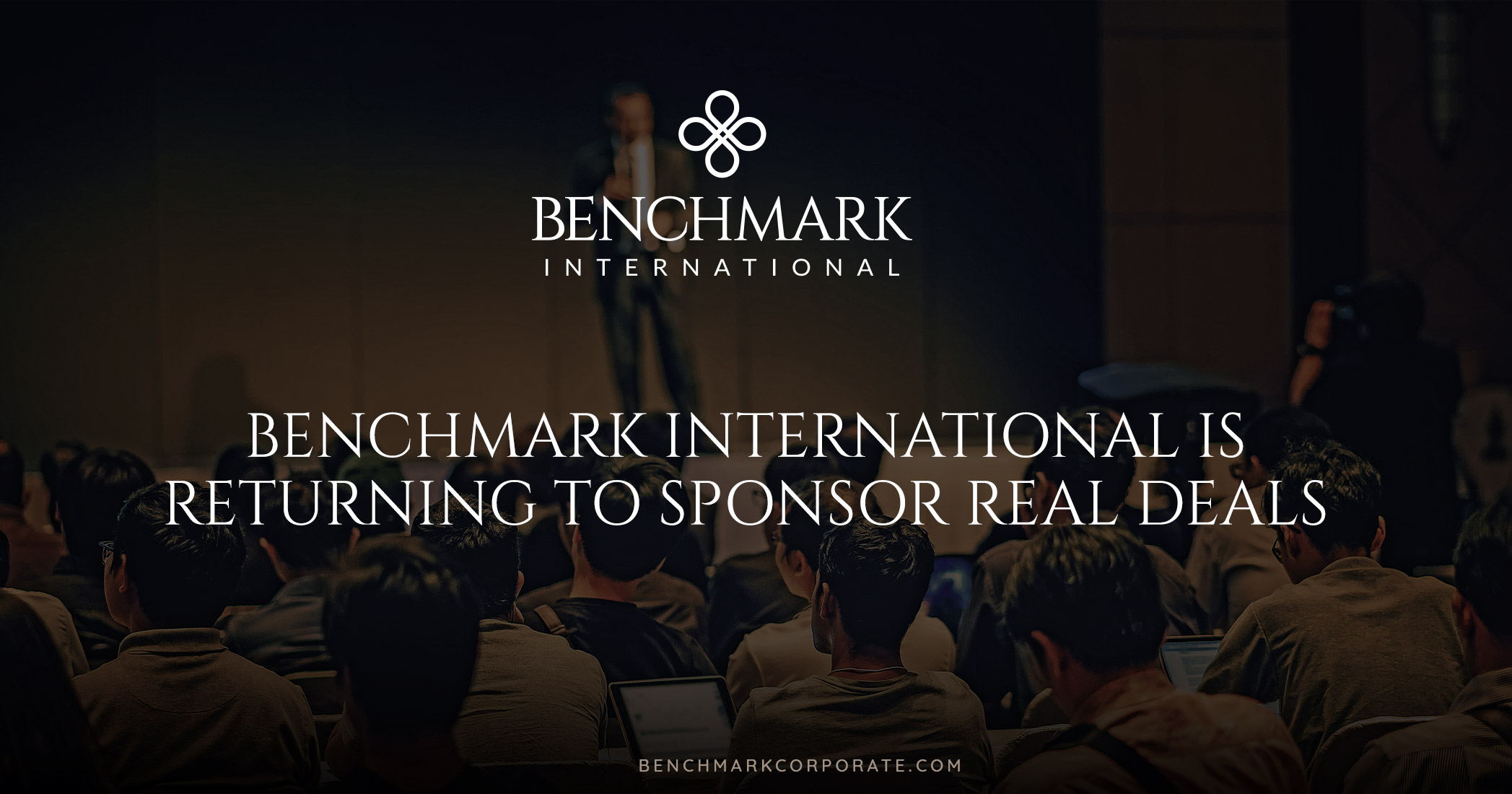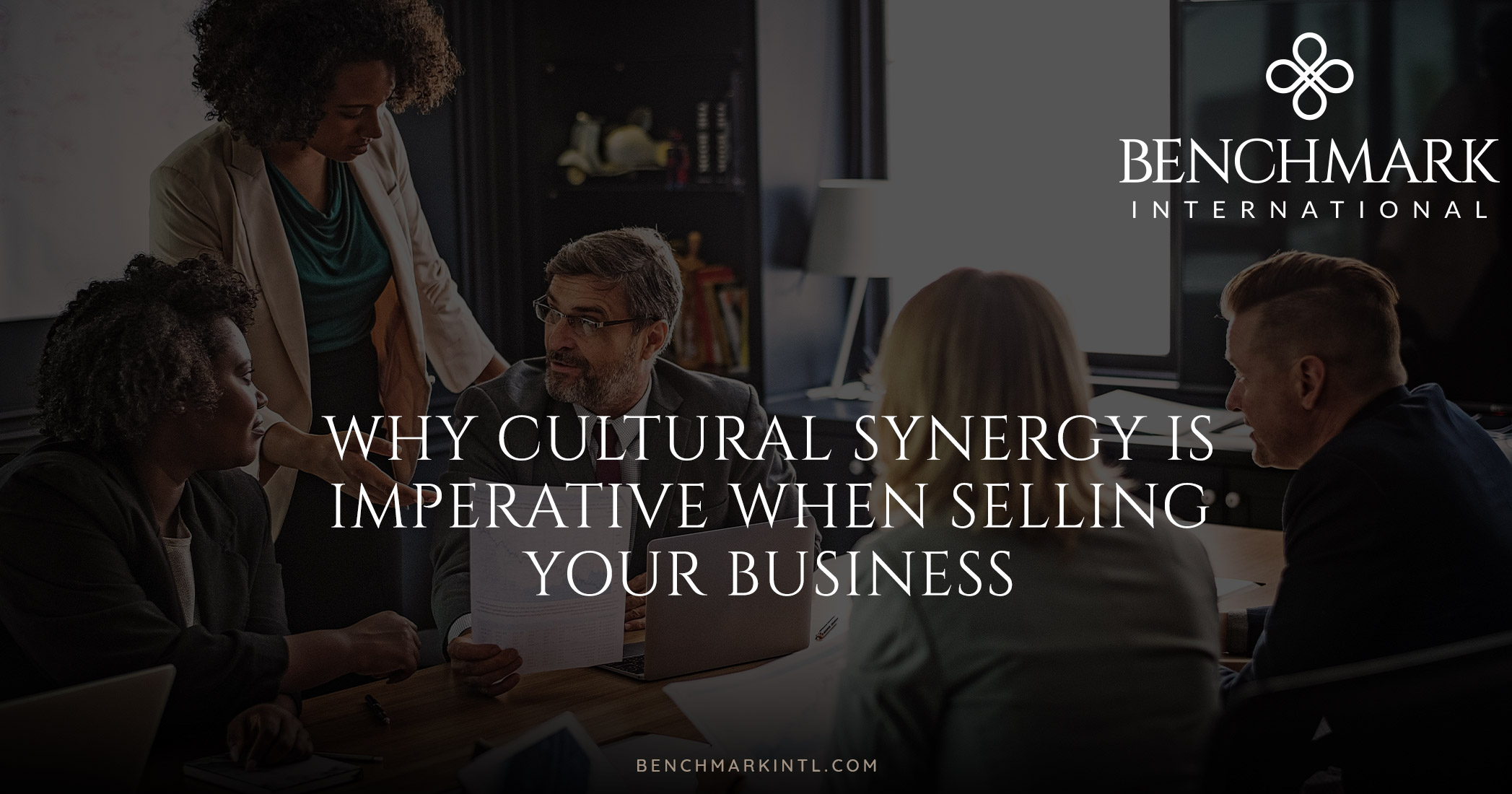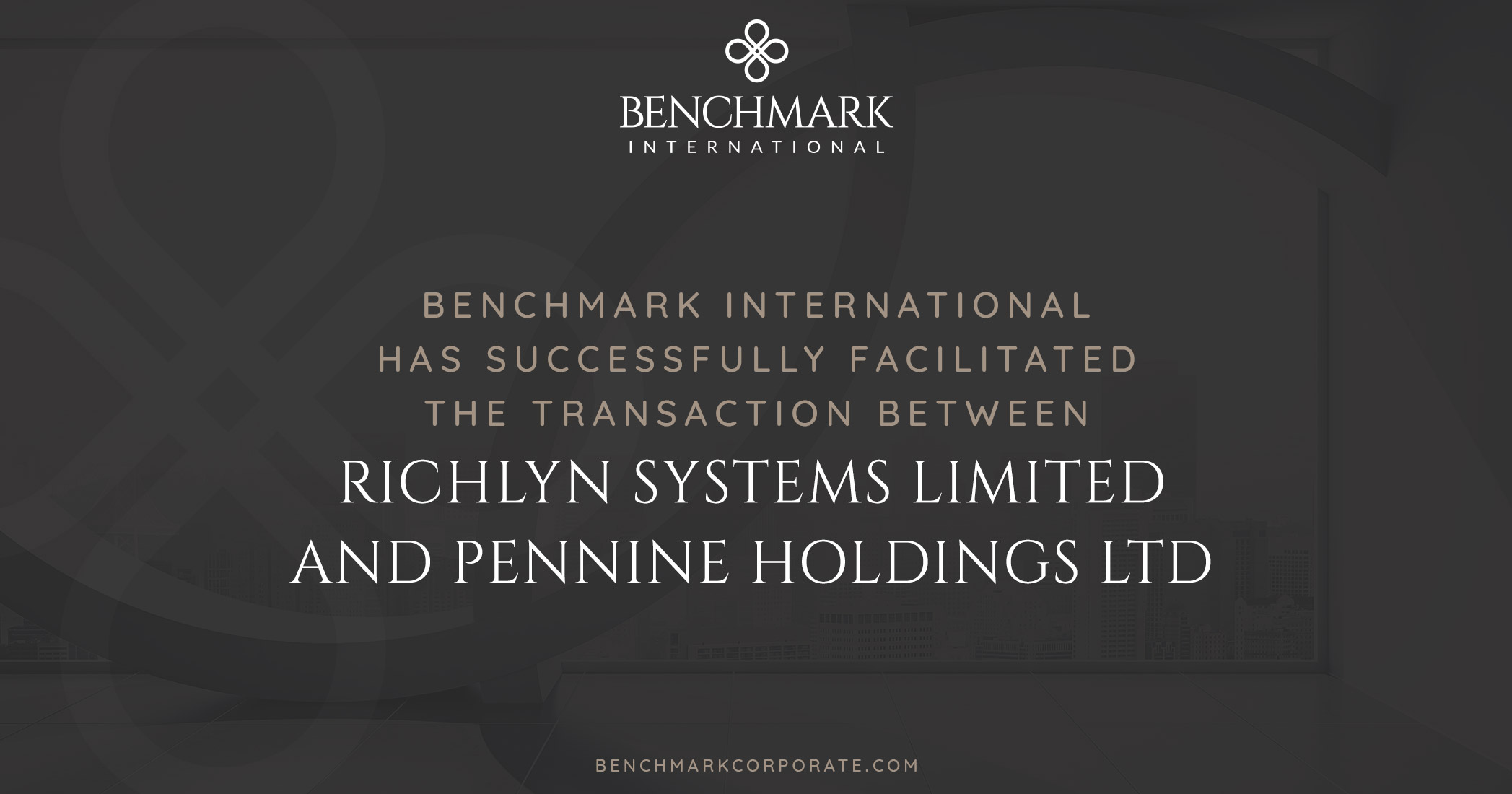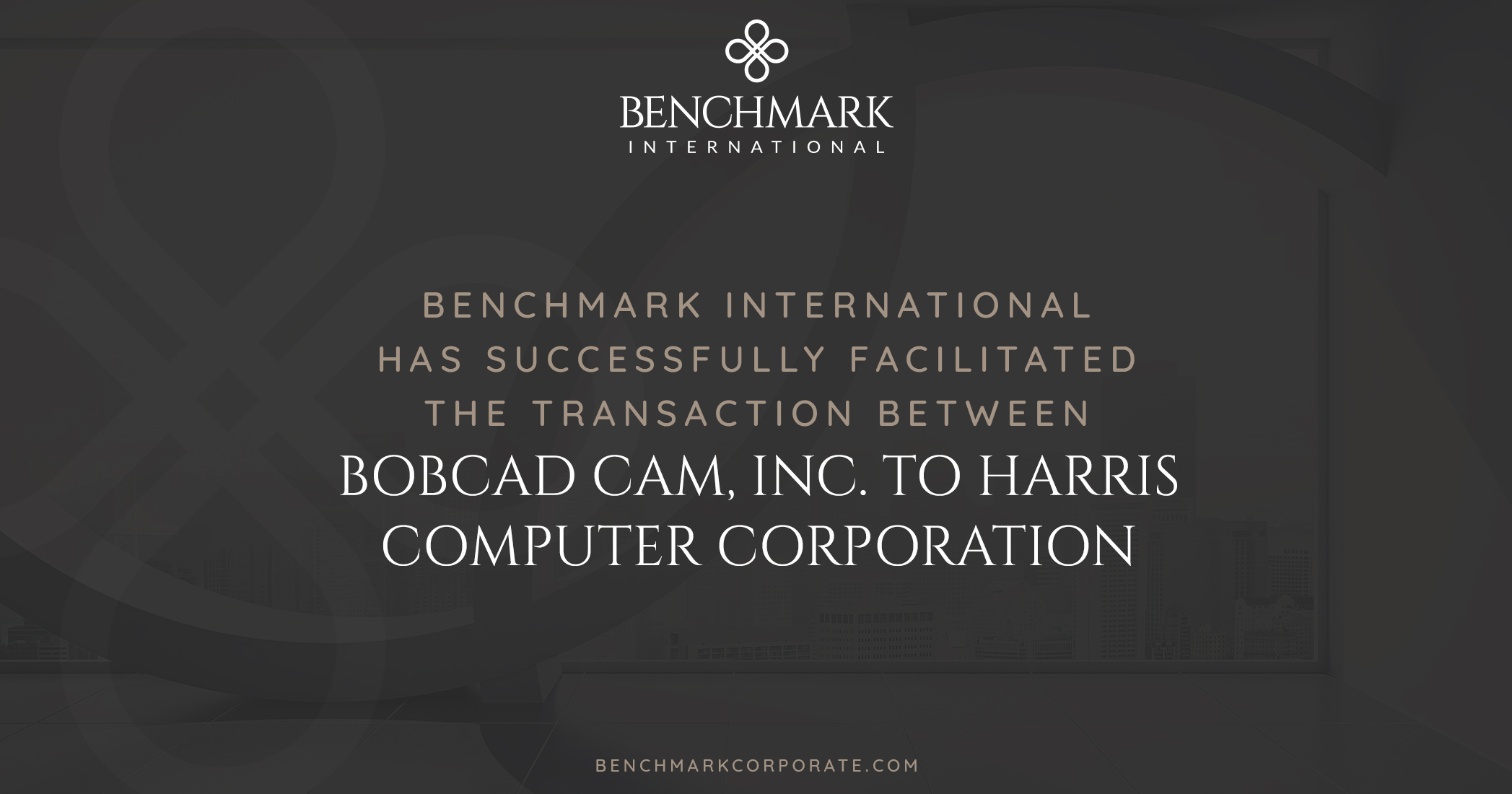For an academic, this may be an easy answer: prepare a discounted cash flow, look at comparable transaction numbers, or use comparable trading prices of public companies with appropriate discounts. But for an individual on the verge of potentially making their first acquisition, that is all far from useful advice.
In reality, the answers are more complex for an individual buyer. While these academic procedures are well defined in textbooks and on various websites and can certainly be of assistance, our experience indicates there are a few more meaningful yardsticks for assessing the value you might offer on a lower-middle market or middle-market business. These include the following questions:
What will I do with the business? As the academic methods of valuation are all either based on historical performance or rely heavily on historical performance to paint a picture of future cash flows (and thus value), you as a new owner are not likely to run any acquired business the way the selling owners have done it. If you cannot squeeze more growth, margins, and/or cash flow out of the business than the current owners, the two of you are not likely to (and in fact should not) be able to agree on a value for the business. If you cannot bring something to the table that is going to make the business worth more in your hands than it is in their hands, your valuation—however derived—should be lower than their valuation. In other words, every business has a different value in the hands of different owners. You should place whatever unique competitive advantage you would infuse into the business into your valuation.
How do I account for the risk of taking over a business? Another mantra of the academic community holds that the riskier the investment, the higher the required return is on that investment. It is typically fairly easy to account for the risk inherent in any business you may be looking to acquire, but the actual act of acquiring itself carries its own risks. Your valuation must take into account these risks as well. Unlike the inherent risks in any ongoing business, these risks tend to be short-term in nature. For example, the changes you may make in culture may cause personnel issues and the handoff of key customer and supplier relationships may result in some turbulence. Understanding these risks and structuring your transaction correctly can mitigate these risks significantly but both the risks and the desired structuring will play a factor in your valuation.
How much can I afford? While you may be able to calculate a valuation on paper, if you lack the wherewithal to come up with the required funding, the business actually has no value to you. It is actually quite surprising how little “cash down” is necessary to purchase a business in today’s markets. The high valuations that abound only add to the concern here. However, to take one example in the United States, Small Business Administration loan guarantees are often used to cover up to 80% of the purchase price of a business. The SBA and the lending institution will typically allow another 10% to be “seller financed” meaning that the buyer can pay that amount out later, using the cash flow generated by the business itself to pay up to 90% of the purchase price. While this is an extreme example of leverage, we have seen this and similar structures work on many occasions to the mutual benefit of the seller and buyer.
How do I structure the deal at the right value but avoid a cash crunch? “Cash is king,” say business school professors. And in this case they are speaking both in academic and practical terms. Your valuation must take into account the cash flow needs of both the business and yourself. The fastest car in the world can’t win a race if it runs out of gas. Financial statements, income, and EBITDA are important, but cash flow is the company’s (and your family’s) true fuel. Missing a mortgage payment at home or a payroll in the office can be a one-time event that is catastrophic. But again, thanks to the ability to structure an acquisition, the struggle between strong cash flow and valuation is not a zero sum game. With proper structure, an attractive offer need not lead you to be overexposed.
Interestingly, all these valuation issues point in one direction: valuation cannot be thought of in a vacuum. If a company is to be bought with 100% cash at close (which sellers love) then the right valuation for you is probably lower than would be the case if you were able to work in some fair structural enhancements to your offer. Unfortunately, most sellers are not up to speed on all the ins and outs of various available structuring options. When looking for a company to acquire, it therefore makes sense to look at represented companies like those in Benchmark International’s portfolios. While we will always represent and work solely for the seller, we have been hired by that seller to help get a deal done. To achieve that objective, we bring our structuring expertise to bear on each and every transaction. If there is a deal to be had but a gap in valuation, you can count on our involvement to find ways to bridge that gap and get that business into your hands with the right valuation for both you and our client.
Author
Clinton Johnston
Managing Partner
Benchmark International
T: +1 813 898 2350
E: Johnston@benchmarkcorporate.com
READ MORE >>
 Benchmark International
Benchmark International  Benchmark International
Benchmark International 
